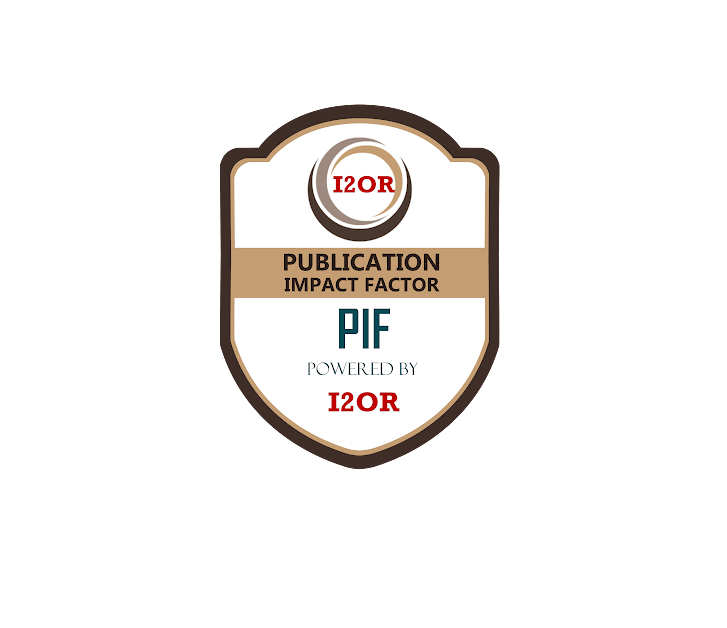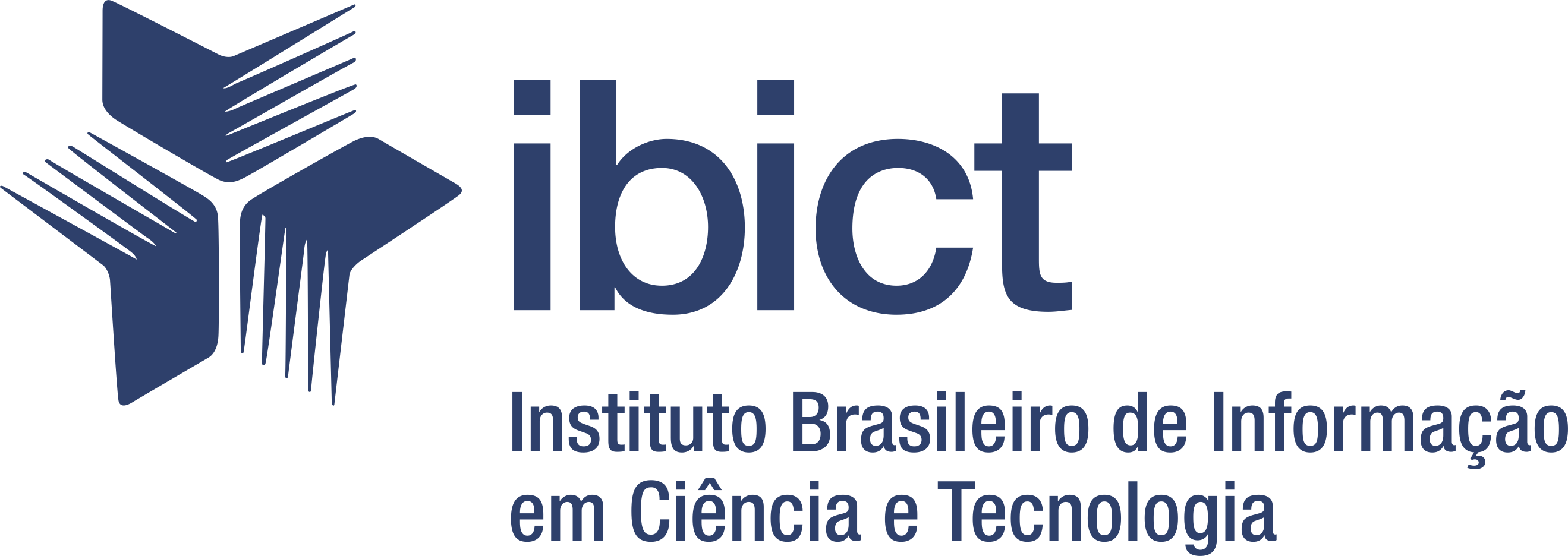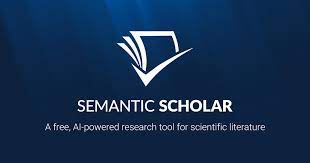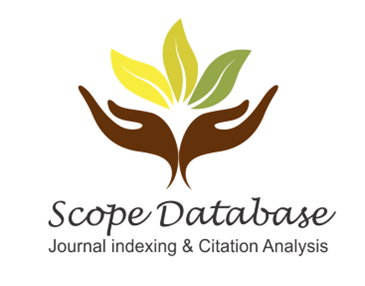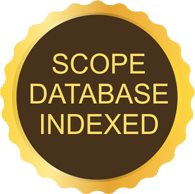USE OF ARTIFICIAL INTELLIGENCE IN THE DIAGNOSIS OF NEURODEGENERATIVE DISEASES: AN INTEGRATIVE REVIEW
DOI:
https://doi.org/10.53612/recisatec.v2i10.196Keywords:
Artificial intelligence; Neurodegenerative; Diagnosis.Abstract
Neurodegenerative diseases (NDs) are debilitating, incurable diseases that cause progressive and irreversible loss of neurons and other brain cells, and cause functional changes in the central nervous system (CNS), affecting movement and body function. This research aims to describe the use of artificial intelligence (AI) in the diagnosis of neurodegenerative diseases. This is descriptive research of the integrative literature review type. The search was carried out through online access to the Virtual Health Library (VHL) database, indexed in the Medical Literature Analysis and Retrieval System Online (MEDLINE) database. To search for the works, the keywords present in the Medical Subject Headings (MeSH) were used, they were: Artificial intelligence AND Neurodegenerative AND Diagnosis. The results showed that the most used AI tools in the diagnosis of neurodegenerative diseases are imaging biomarkers (positron emission tomography (PET) and single photon emission computed tomography (SPECT), in addition to Computer-Aided Design (CAD), machine learning, in English – Machine Learning (ML), use of Deep Learning (DL) applications. It was concluded that AI is an important tool for the diagnosis of neurodegenerative diseases, because, as demonstrated in the literature, the artificial intelligence reduces time, improves the accuracy and reliability of the diagnosis of neurodegenerative diseases.
Downloads
References
BELIĆ, Minja et al. Artificial intelligence for assisting diagnostics and assessment of Parkinson’s disease - A review. Clinical neurology and neurosurgery, v. 184, p. 105442, 2019. Disponível em: https://doi.org/10.1016/j.clineuro.2019.105442. Acesso em: 28 abr. 2022. DOI: https://doi.org/10.1016/j.clineuro.2019.105442
BRZEZICKI, Maksymilian A. et al. Diagnostic accuracy of frontotemporal dementia. An artificial intelligence-powered study of symptoms, imaging and clinical judgement. Advances in Medical Sciences, v. 64, n. 2, p. 292-302, 2019. Disponível em: https://doi.org/10.1016/j.advms.2019.03.002. Acesso em: 28 abr. 2022. DOI: https://doi.org/10.1016/j.advms.2019.03.002
CAI, Zhennao et al. An intelligent Parkinson’s disease diagnostic system based on a chaotic bacterial foraging optimization enhanced fuzzy KNN approach. Computational and mathematical methods in medicine, v. 2018, 2018. Disponível em: https://doi.org/10.1155/2018/2396952. Acesso em: 28 abr. 2022. DOI: https://doi.org/10.1155/2018/2396952
CHANG, Chun-Hung; LIN, Chieh-Hsin; LANE, Hsien-Yuan. Machine learning and novel biomarkers for the diagnosis of Alzheimer’s disease. International Journal of Molecular Sciences, v. 22, n. 5, p. 2761, 2021. Disponível em: https://doi.org/10.3390/ijms22052761. Acesso em: 28 abr. 2022. DOI: https://doi.org/10.3390/ijms22052761
GIANNAKOPOULOU, Konstantina-Maria; ROUSSAKI, Ioanna; DEMESTICHAS, Konstantinos. Internet of Things Technologies and Machine Learning Methods for Parkinson’s Disease Diagnosis, Monitoring and Management: A Systematic Review. Sensors, v. 22, n. 5, p. 1799, 2022. Disponível em: https://doi.org/10.3390/s22051799. Acesso em: 28 abr. 2022. DOI: https://doi.org/10.3390/s22051799
LIU, Xiaonan et al. Use of multimodality imaging and artificial intelligence for diagnosis and prognosis of early stages of Alzheimer's disease. Translational Research, v. 194, p. 56-67, 2018. Disponível em: https://doi.org/10.1016/j.trsl.2018.01.001. Acesso em: 28 abr. 2022. DOI: https://doi.org/10.1016/j.trsl.2018.01.001
LOH, Hui Wen et al. Application of deep learning models for automated identification of Parkinson’s disease: a review (2011–2021). Sensors, v. 21, n. 21, p. 7034, 2021. Disponível em: https://doi.org/10.3390/s21217034. Acesso em: 28 abr. 2022. DOI: https://doi.org/10.3390/s21217034
MENDES, Karina Dal Sasso; SILVEIRA, Renata Cristina de Campos Pereira; GALVÃO, Cristina Maria. Uso de gerenciador de referências bibliográficas na seleção dos estudos primários em revisão integrativa. Texto & Contexto-Enfermagem, v. 28, 2019. Disponível em: https://www.scielo.br/j/tce/a/HZD4WwnbqL8t7YZpdWSjypj/?format=html&lang=pt. Acesso em: 28 abr. 2022.
MYSZCZYNSKA, Monika A. et al. Applications of machine learning to diagnosis and treatment of neurodegenerative diseases. Nature Reviews Neurology, v. 16, n. 8, p. 440-456, 2020. Disponível em: https://doi.org/10.1038/s41582-020-0377-8. Acesso em: 28 abr. 2022. DOI: https://doi.org/10.1038/s41582-020-0377-8
SILVA-SPÍNOLA, Anuschka et al. The road to personalized medicine in Alzheimer’s disease: The use of artificial intelligence. Biomedicines, v. 10, n. 2, p. 315, 2022. Disponível em: https://doi.org/10.3390/biomedicines10020315. Acesso em: 28 abr. 2022. DOI: https://doi.org/10.3390/biomedicines10020315
TAUTAN, Alexandra-Maria; IONESCU, Bogdan; SANTARNECCHI, Emiliano. Artificial intelligence in neurodegenerative diseases: A review of available tools with a focus on machine learning techniques. Artificial Intelligence in Medicine, v. 117, p. 102081, 2021. Disponível em: https://doi.org/10.1016/j.artmed.2021.102081. Acesso em: 28 abr. 2022. DOI: https://doi.org/10.1016/j.artmed.2021.102081
VITALE, Annalisa et al. Artificial intelligence applied to neuroimaging data in Parkinsonian syndromes: Actuality and expectations. Math. Biosci. Eng, v. 18, p. 1753-1773, 2021. Disponível em: http://www.aimspress.com/journal/MBE. Acesso em: 28 abr. 2022. DOI: https://doi.org/10.3934/mbe.2021091
XU, Jingjing; ZHANG, Minming. Use of magnetic resonance imaging and artificial intelligence in studies of diagnosis of Parkinson’s disease. ACS chemical neuroscience, v. 10, n. 6, p. 2658-2667, 2019. Disponível em: https://pubs.acs.org/doi/pdf/10.1021/acschemneuro.9b00207. Acesso em: 28 abr. 2022. DOI: https://doi.org/10.1021/acschemneuro.9b00207
Downloads
Published
How to Cite
Issue
Section
Categories
License
Copyright (c) 2022 RECISATEC - SCIENTIFIC JOURNAL HEALTH AND TECHNOLOGY

This work is licensed under a Creative Commons Attribution 4.0 International License.
Os direitos autorais dos artigos/resenhas/TCCs publicados pertecem à revista RECISATEC, e seguem o padrão Creative Commons (CC BY 4.0), permitindo a cópia ou reprodução, desde que cite a fonte e respeite os direitos dos autores e contenham menção aos mesmos nos créditos. Toda e qualquer obra publicada na revista, seu conteúdo é de responsabilidade dos autores, cabendo a RECISATEC apenas ser o veículo de divulgação, seguindo os padrões nacionais e internacionais de publicação.




















